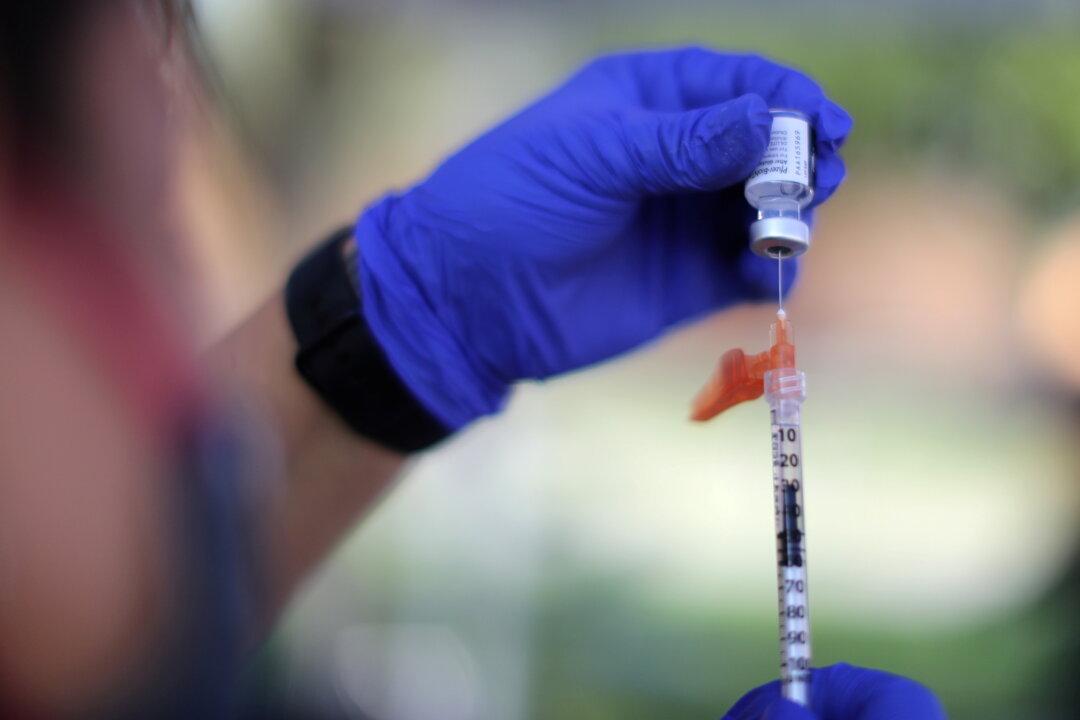Pfizer’s COVID-19 booster shot shouldn’t be administered to those who previously received vaccines made by Moderna or Johnson & Johnson, a top federal health official says.
Doran Fink, a deputy director in the Food and Drug Administration’s (FDA) vaccine regulation division, made the assessment during a Centers for Disease Control and Prevention (CDC) vaccine advisory panel on whether the agency should recommend an additional dose of the Pfizer-BioNTech vaccine.





